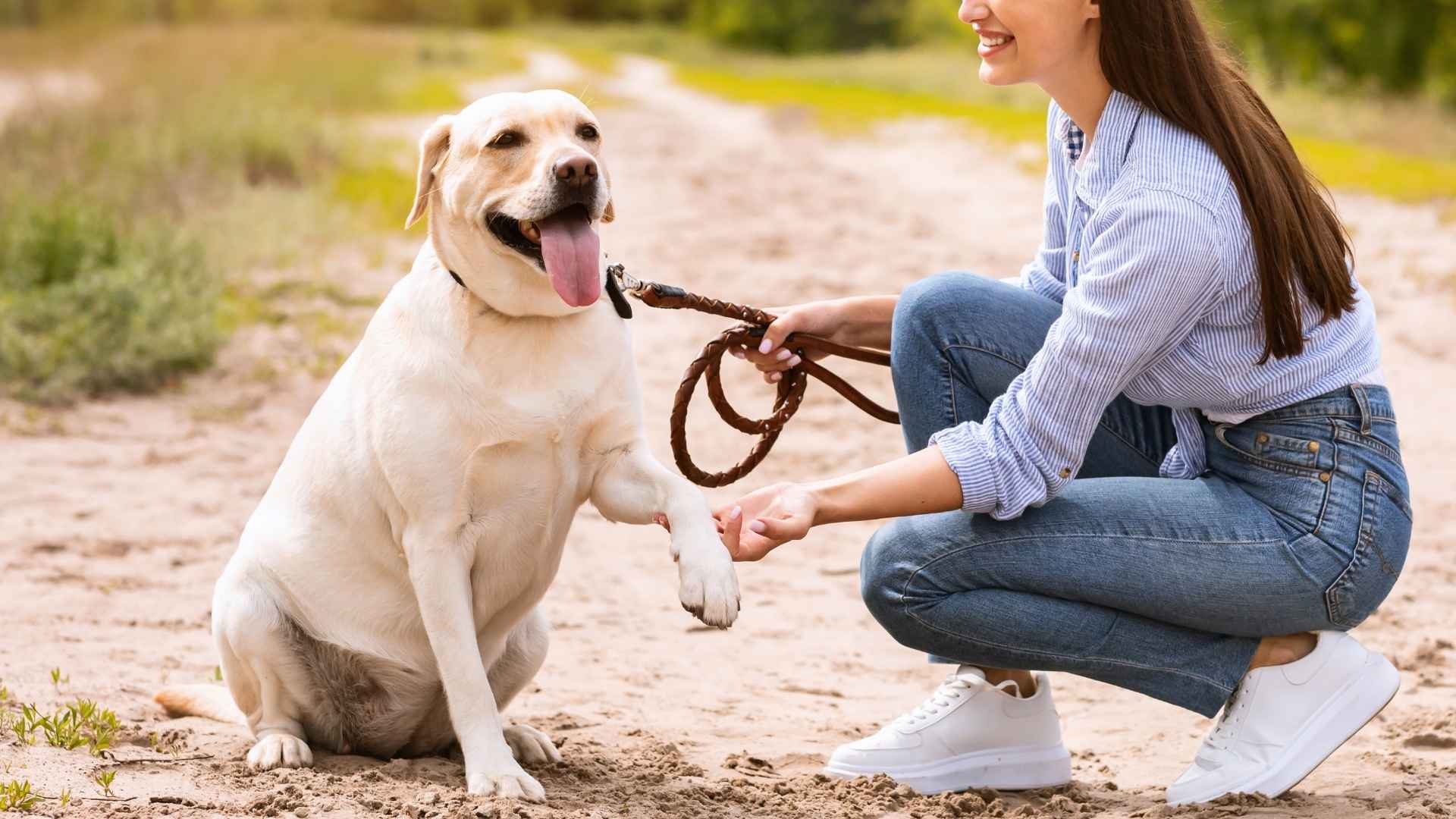“Dogs are not our whole life, but they make our lives whole,” wrote Roger Caras.
Among the many qualities dogs bring into human life, loyalty is the one that often leaves the deepest mark. In some breeds, it is so constant that it feels like a visible part of their identity. This is the loyalty that is not dependent on circumstances or convenience.
It remains whether days are busy or still, whether life is easy or full of challenges. Such devotion has roots in centuries of companionship, work, and protection. These dogs do not need to be told who their person is or what their place should be. They already know.
In this article, we explore the breeds whose loyalty is steady, deep, and impossible to miss, the ones who carry it with them every day as naturally as a familiar piece of clothing they never set aside.
Dog Breeds that Wear Loyalty Like A Cap
1. Akita
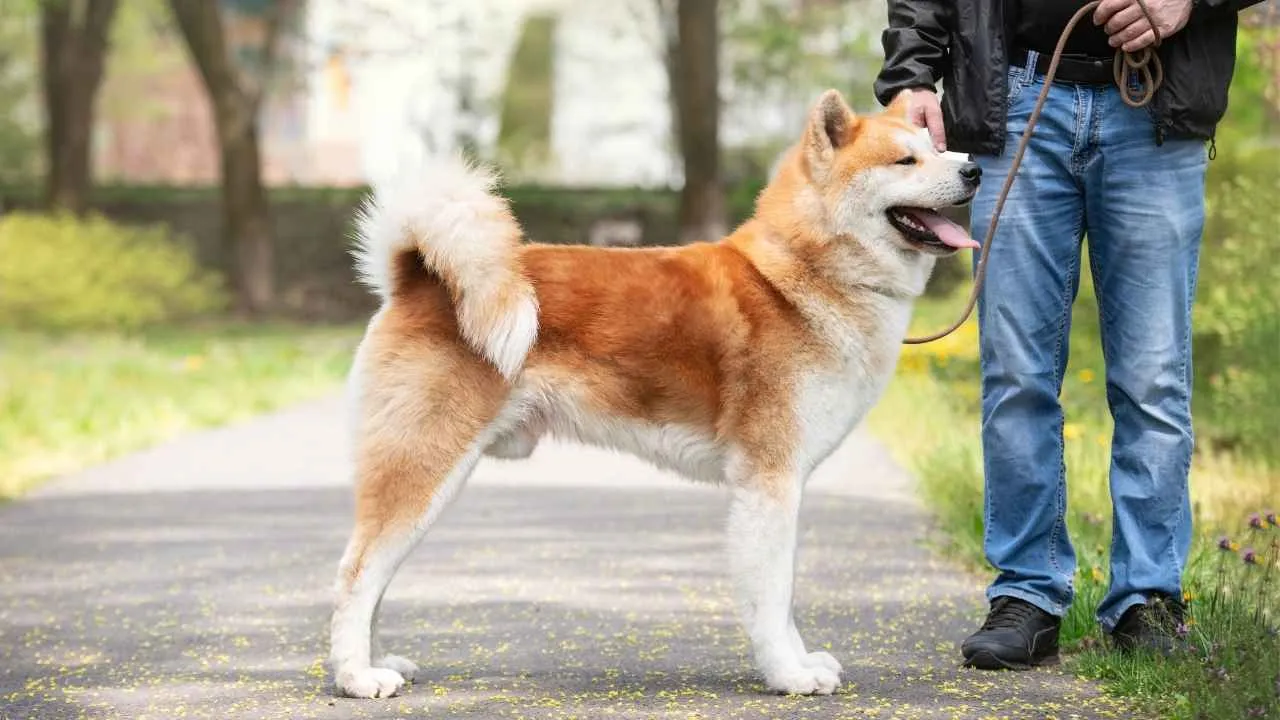
Did You Know: The Akita named Hachikō waited at a Tokyo train station for over 9 years after his owner passed away — a widely documented example of the breed’s loyalty.
Akitas form deep emotional bonds and track human routines in subtle ways, even across long absences. They are naturally watchful and carry a strong sense of personal duty. When given trust, they operate with silent confidence rather than needing constant validation.
Protective Yet Disciplined
They are quiet guardians who respond only when they feel something breaches boundaries. Their stillness often carries more weight than barking or chasing. This measured behavior reflects a mindset that values clarity over chaos, especially around family.
Reserved Around Strangers
While affectionate at home, Akitas remain cautious around unfamiliar people or pets. Their loyalty does not spill over casually, making their connection with owners more intentional. These dogs do not overextend emotionally, which strengthens their selectiveness.
Legacy of Loyalty
Though originally bred for hunting large game like boar and bear, their loyalty outgrew physical tasks, as mentioned in Purina. In Japan, they’ve symbolized devotion for generations and are often gifted to express faithfulness. This cultural significance has real roots in their behavior, not just appearance.
2. Labrador Retriever
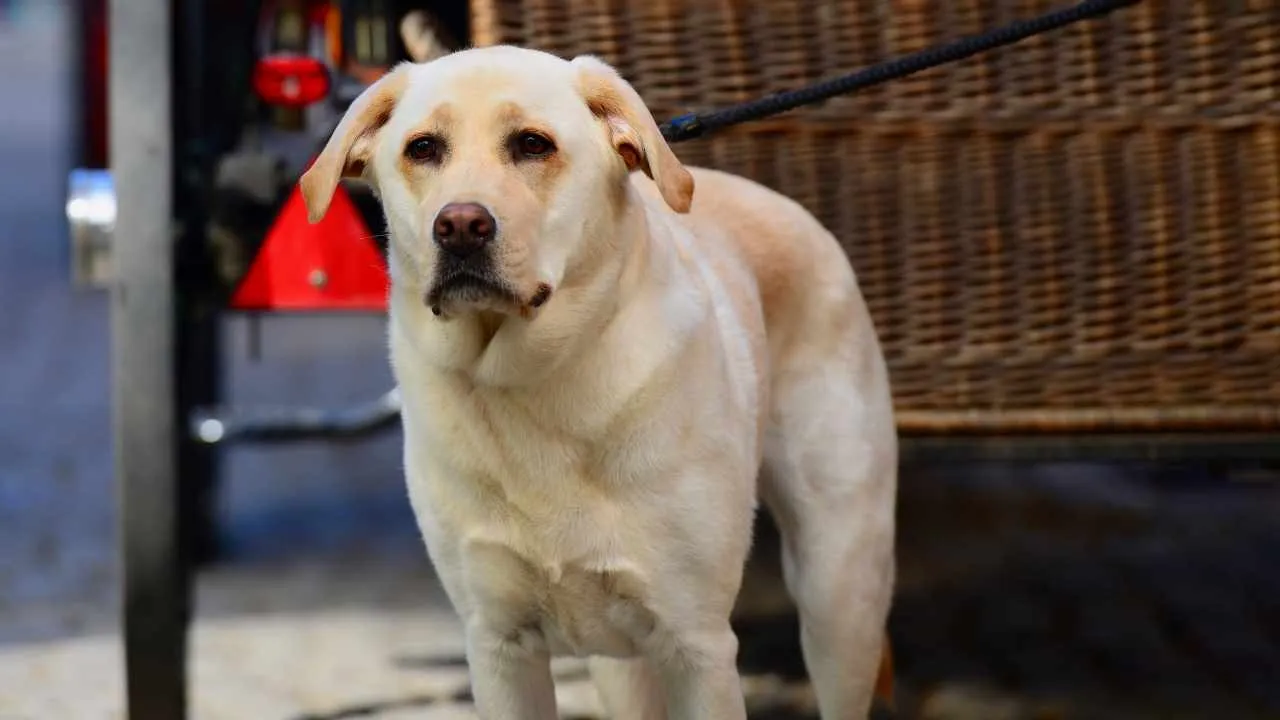
Labs are known for attaching themselves closely to their owners, often following them from room to room. They thrive in environments where affection and consistency are shared. Their loyalty is expressed through presence, eye contact, and readiness to engage.
Dependable Around Children
Their patience and steady temperament make them ideal around toddlers and older kids alike. Labradors rarely misread cues and often adapt their energy to the age of their companions. That makes them one of the few breeds consistently trusted with full access to the household.
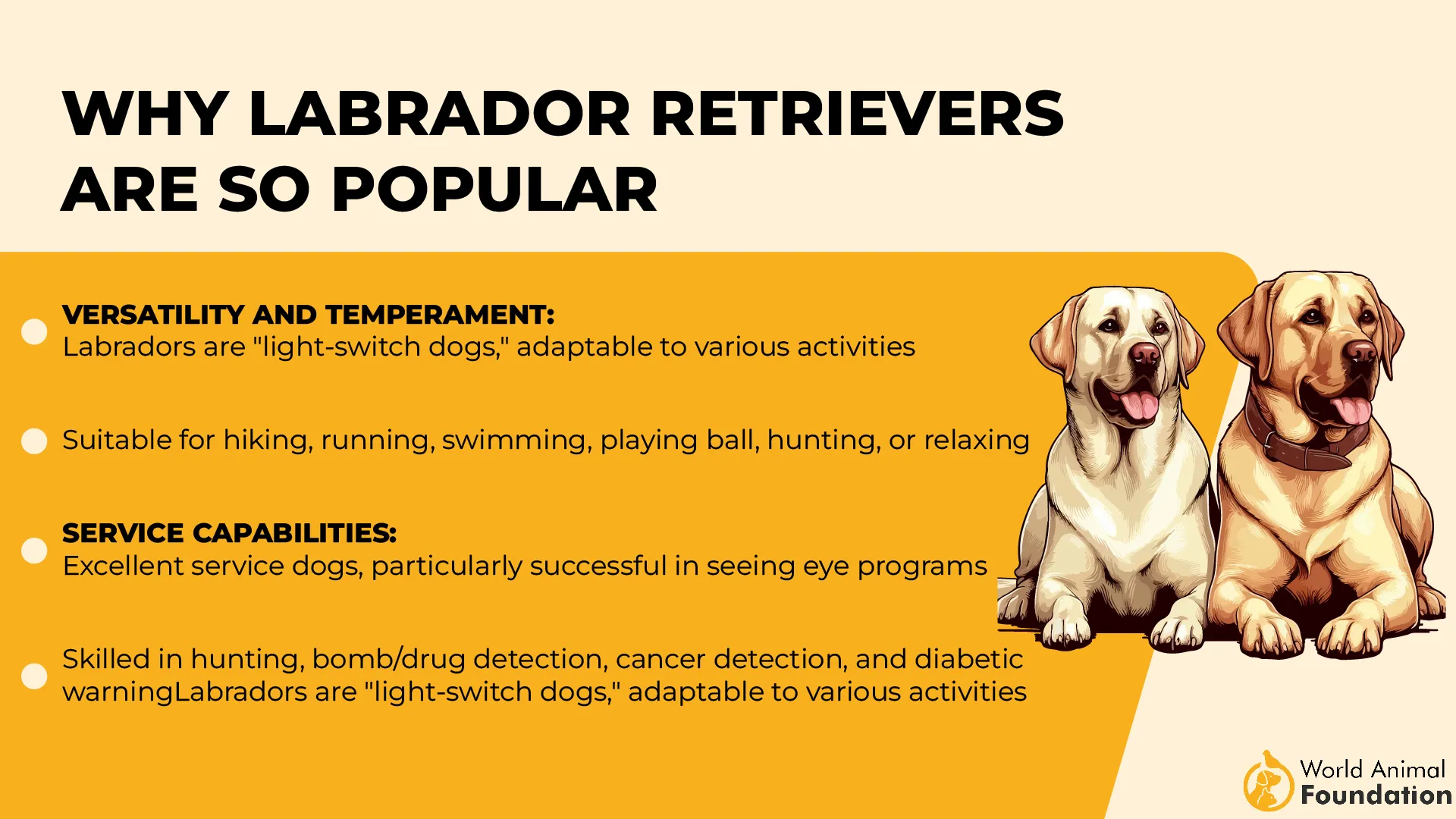
Social but Loyal
Labrador Retrievers can live peacefully with other dogs while keeping their bond with one person or household strong, as per Petplan. Their loyalty is personal, not possessive, which prevents tension in multi-pet homes. They easily recognize who their primary connection is.
Loyalty in Daily Behavior
Rather than being fiercely loyal in extreme moments, Labs show it in daily patterns — waiting at doors, anticipating routines, and watching for commands. That daily attentiveness is part of why they are still widely used as service and therapy dogs. They read human family habits effortlessly.
3. Golden Retriever

Their calm energy stands out before anything else, especially in active or busy homes. Golden Retrievers regulate their behavior in ways that put people at ease, without needing attention. This subtle emotional control is a foundation for how their loyalty shows itself.
Dependable with All Ages
Their behavior around children and seniors is one reason they’re seen as one of the most loyal dog breeds. Golden Retrievers adapt their energy and approach based on who’s nearby. This ability to match human behavior adds to their trust factor across households.
Social Without Losing Loyalty
They may be friendly with guests and other animals, but that doesn’t dilute their devotion to their family. This balance between sociability and deep-rooted bonding is part of what makes them stand out. They’re reliable without being overly possessive.
Acts of Devotion
The affectionate nature of Golden Retrievers shows up in routine actions—waiting by doors, checking rooms, or sitting quietly nearby. These are dogs that notice absence and respond to it with presence. Their loyalty often feels like a background rhythm in the home.
4. Beagle

Beagles thrive in familiar patterns, often staying close to the people they trust most. Their loyalty shows up in subtle behaviors, like following footsteps or checking each room. Over time, they develop a strong attachment to household rhythms and shared habits.
Dependable When Properly Socialized
When socialized properly from a young age, Beagles become emotionally steady and responsive to their environment. They recognize tone shifts, social cues, and subtle changes in their owner’s behavior. This helps them adapt loyalty to various life stages.
Connection Through Play and Sound
This breed is known for its use of voice, especially when greeting or waiting for attention. Beagles often vocalize more around their favorite humans, using sound as an emotional signal. That connection grows stronger through playful interaction and physical closeness.
Pack Instinct and Deep Attachment
Originally bred to hunt in packs, Beagles are wired to seek group belonging and companionship. Their instincts support forming bonds that are both social and emotional. These dogs do best when they feel included in daily decisions, even small ones.
5. German Shepherd
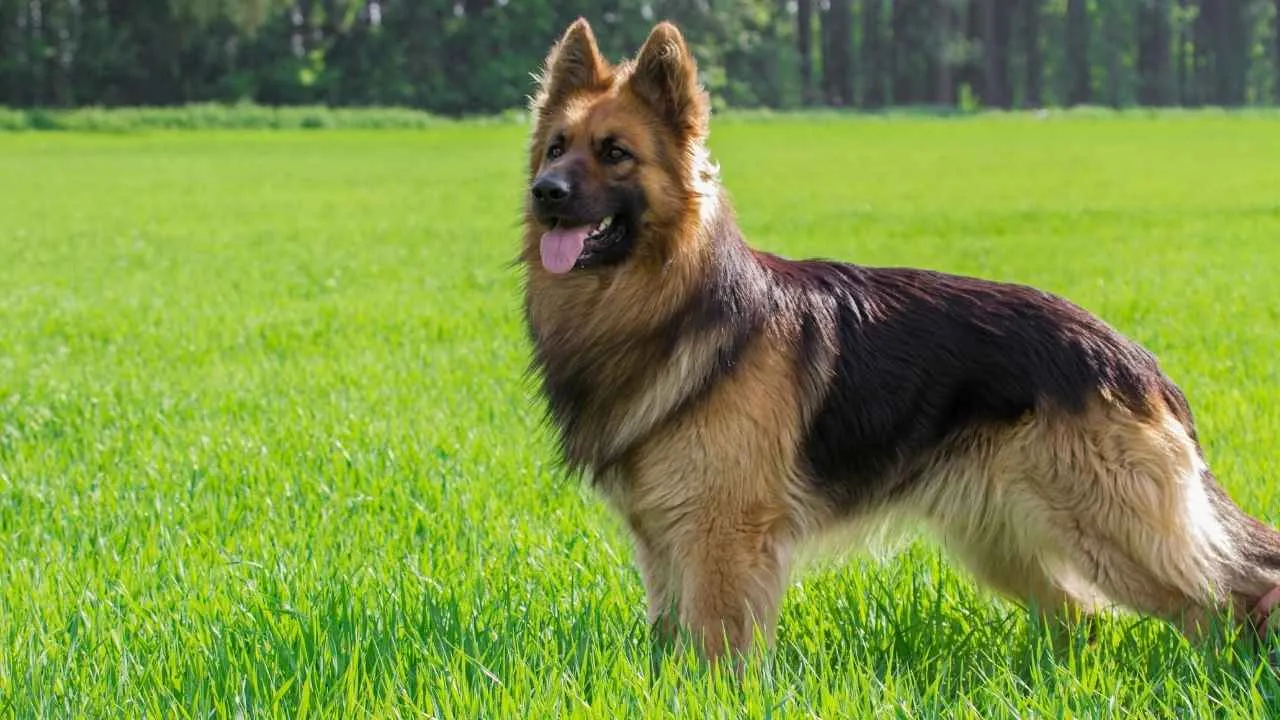
German Shepherds are structured, observant, and deeply intuitive in how they read their environment. Their attachment often grows through shared tasks and routines. Loyalty is not displayed through clinginess but through consistency and steady responsiveness.
Trust-Built Protection
They are known for building loyalty on mutual trust, often stepping forward when something feels unfamiliar. This breed excels in balancing alertness with restraint, which is why it’s used in high-responsibility roles. Their actions reflect calculated awareness rather than impulse.
Presence With Purpose
As one of the most reliable big dogs, the German Shepherd often holds ground without needing direction. Their presence alone influences behavior around them, whether from strangers or animals. Protective instincts are deeply wired and rarely require training to activate.
Balance of Strength and Softness
The breed’s discipline coexists with a gentle nature, especially around children or familiar people. This duality helps them adapt to family homes while still serving as defenders when needed. Their emotional memory builds a strong attachment over time, not overnight.
6. Chihuahua
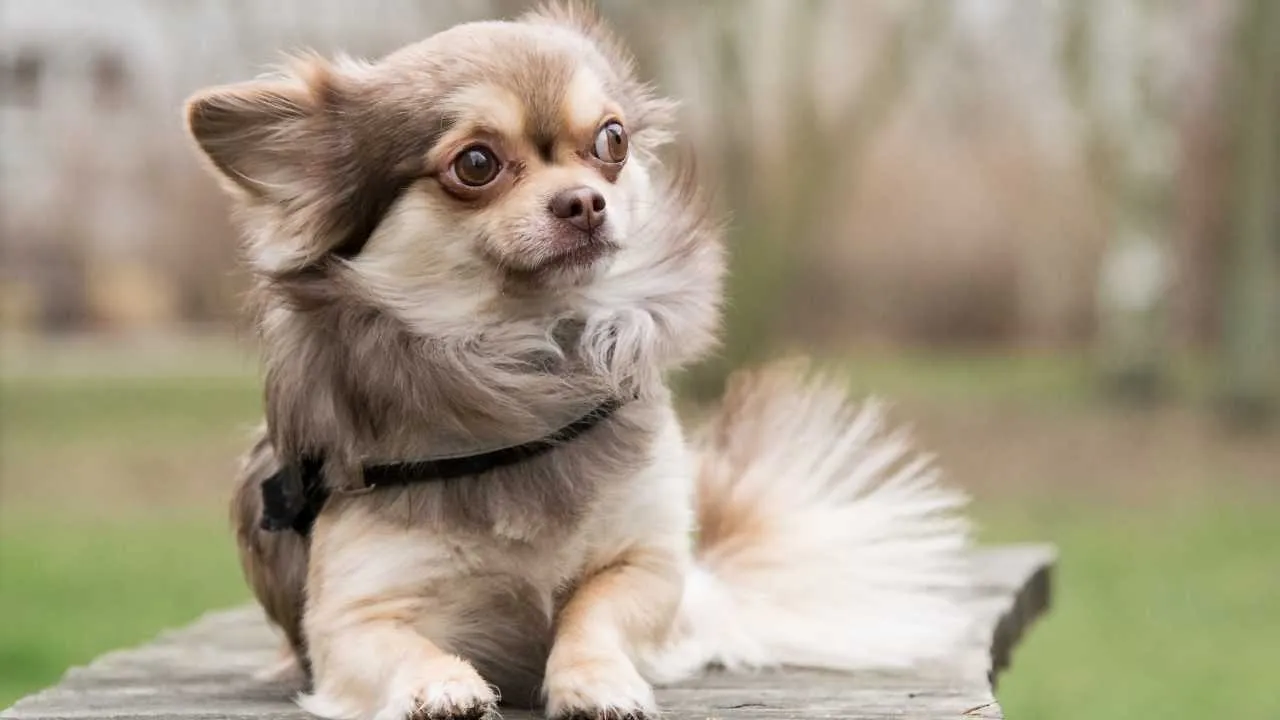
Chihuahuas often build lifelong loyalty to one person, forming a strong emotional attachment that’s rooted in consistency. This bond becomes a defining trait, shaping how they respond to routine and presence. They may become visibly distressed when their person is absent for a long time.
Therapy Role That Stays Personal
Their ability to sense emotional shifts makes them valuable as therapy and emotional support dogs, as stated in Fast ESA. These dogs often respond to tone changes, facial expressions, and silent tension in the room. Loyalty here becomes instinctive care, not just physical closeness.
Devotion in Every Footstep
Chihuahuas are known to follow their favorite person throughout the day, sometimes curling beside them without needing an invitation. This level of attachment shows in how they anticipate needs before commands are given. It’s not obedience; it’s quiet participation in daily life.
Familiar First, Always
They tend to be guarded around strangers, prioritizing known faces above all. A Chihuahua’s calm demeanor depends on routine and clear emotional signals from their trusted person. When that rhythm is disturbed, they respond with sensitivity that shows just how deep the bond runs.
7. Doberman Pinscher
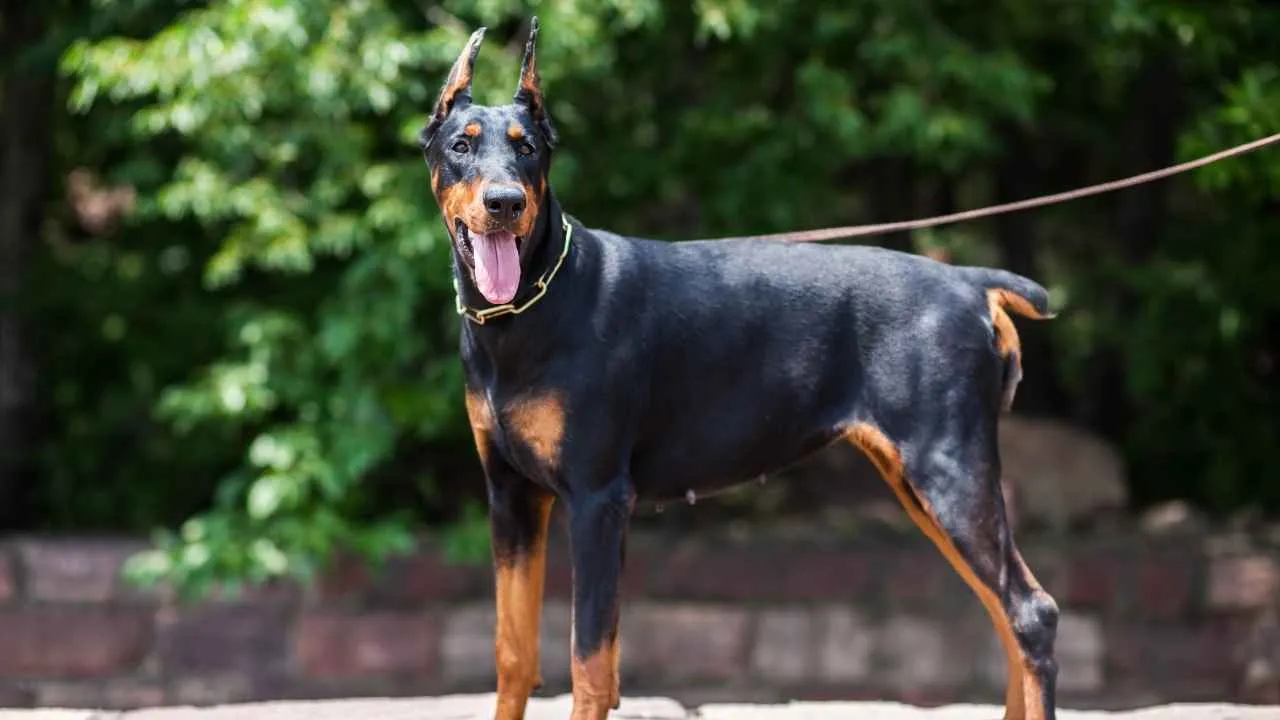
Dobermans are highly task-oriented dogs that channel their loyalty into action. They don’t simply linger for attention but stay alert to their surroundings and their person. This sense of duty often shows up in everyday life, from guarding space to sensing discomfort.
Sensory Responsiveness
With excellent hearing and sharp visual focus, they’re known to detect environmental shifts quickly. These traits support a protective nature that doesn’t rely on panic or overreaction. Instead, Dobermans observe before choosing the right moment to respond.
Emotional Discretion
They’re not expressive in loud or exaggerated ways, but the loyalty they offer is clear in their proximity and attention. Their presence becomes a routine comfort, especially for someone who seeks consistency. Many consider them the best friend who understands without needing words.
Balanced Power and Composure
Though muscular and athletic, Dobermans carry a calm demeanor that often surprises those unfamiliar with the breed. Their self-control adds weight to their loyalty, giving them the ability to support rather than overwhelm. That steadiness is part of what builds long-term trust.
8. Newfoundland
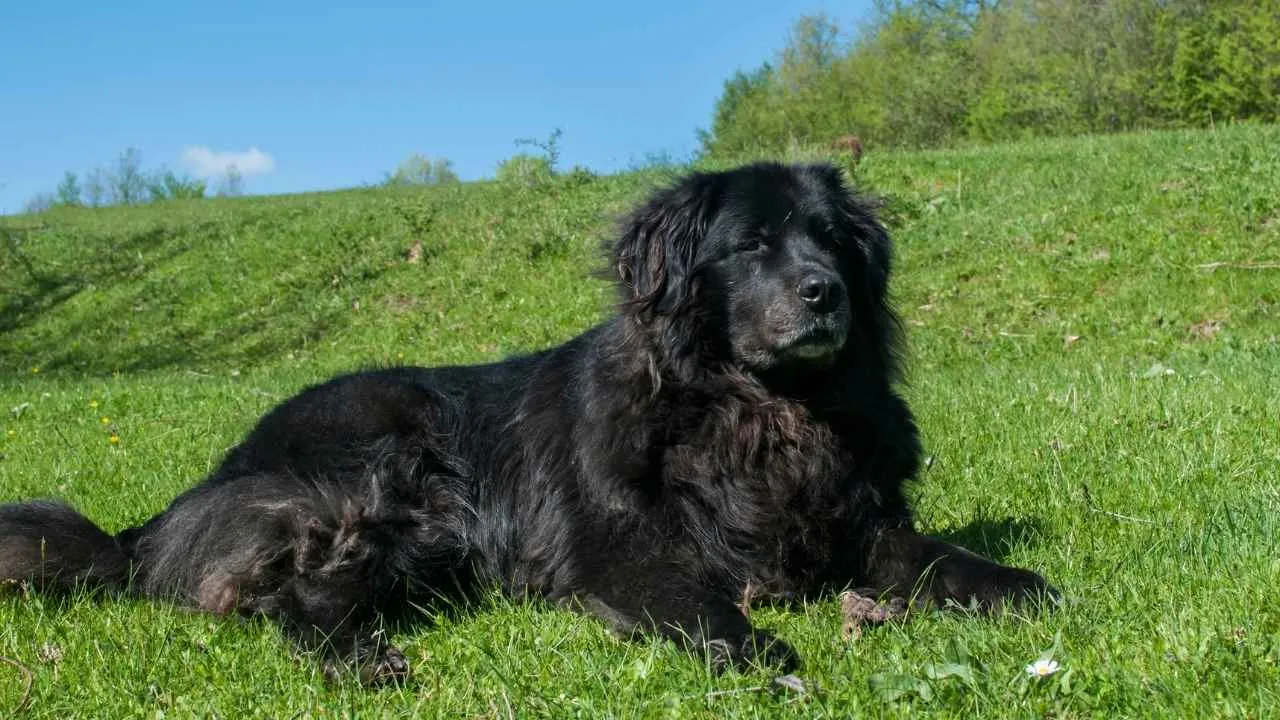
Newfoundlands are known for their calm steadiness, often showing loyalty through consistent presence rather than emotional intensity. They tend to stay close to their people, observing more than reacting unless truly needed. This silent attachment builds over time and remains reliable in unfamiliar settings.
Protective in Subtle Ways
They don’t guard with aggression but with a deep instinct to protect through placement and action. A Newfoundland will quietly position itself between its owner and what it perceives as a risk. Its sheer size and calm authority often speak louder than barking or posturing.
Emotionally Aware Companion
This breed is sensitive to human tone and body language, responding with soft behaviors that match the moment. Such emotional tuning strengthens the trust between them and the families they live with. These are among the most loyal breeds when judged by reliability, not intensity.
Loyalty Through Service
Historically used in water rescues, Newfoundland dogs were trained to pull drowning people to shore, as per the AKC. That level of instinctive action reflects the kind of unbreakable bonds they form. They don’t wait to be asked; their sense of loyalty is tied to action and intuition.
9. Collie

The Collie has a reputation for understanding human moods with surprising accuracy. This emotional sensitivity helps them adjust their behavior in real-time. Whether sensing stress or staying close during quiet moments, their bond runs deeper than commands.
Structured Loyalty Through Routine
They are highly observant of patterns and routines, often anticipating actions before being told. Collies connect loyalty to structure, finding purpose in repeated tasks. This makes them reliable companions for those who value emotional steadiness in a dog.
Protective and Purposeful
Despite their gentle nature, Collies can become assertive when they sense a family member is threatened. Their protective instincts aren’t chaotic but calculated and purposeful. This control comes from generations of herding intelligence rather than reactionary behavior.
Readiness to Step In
Collies don’t hesitate to step forward when they sense confusion, distress, or danger. Their loyalty appears in those subtle moments where they insert themselves without being prompted. They seem to treat family roles like responsibilities that are never optional.
Conclusion
Across history and in daily life, certain breeds show loyalty in ways that are steady and unmistakable. Some are gentle giants who guard quietly, while others are smaller but no less devoted.
Many of these protective dogs read their person’s moods with the same care they give to their surroundings. They remain present whether the days are calm or full of change, offering the same trust they began with.
The most fiercely protective among them do not act from impulse, but from a bond that deepens over time. In every setting, they prove that when dogs love with their whole being, they become a loyal life companion.


